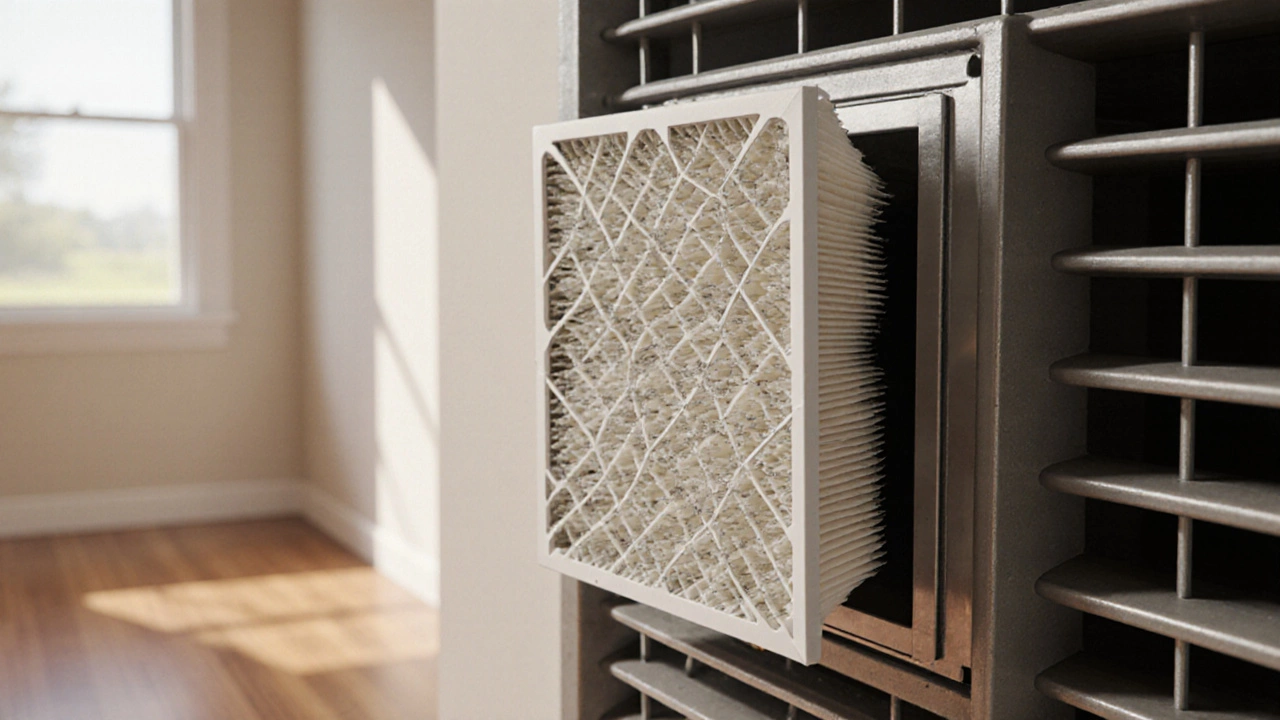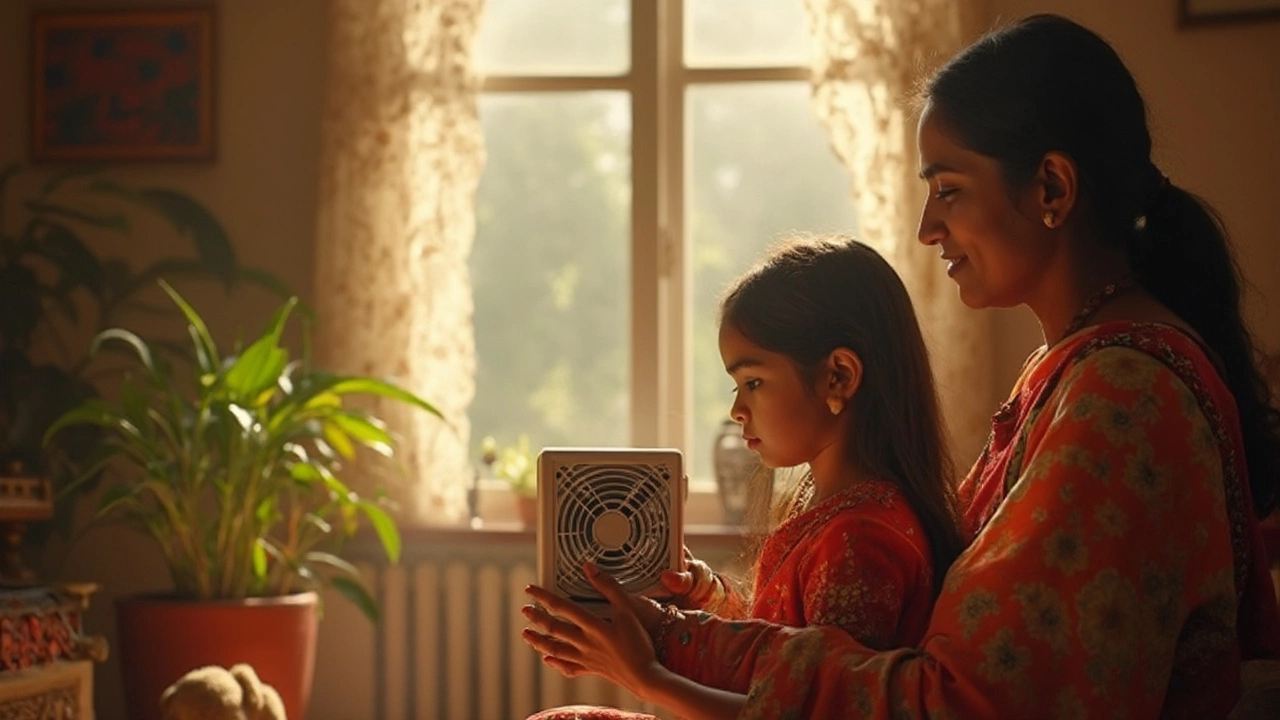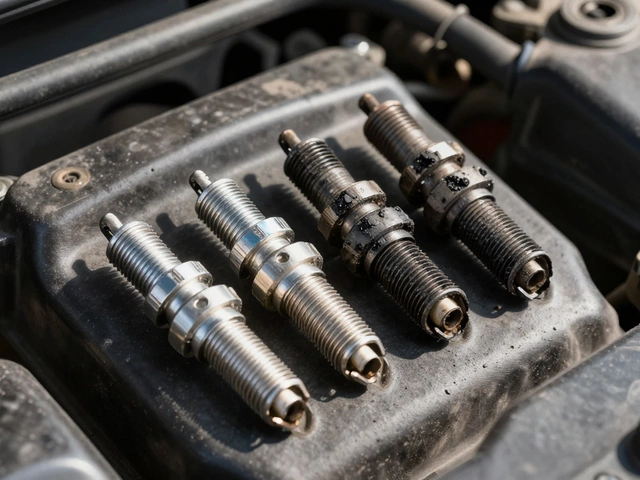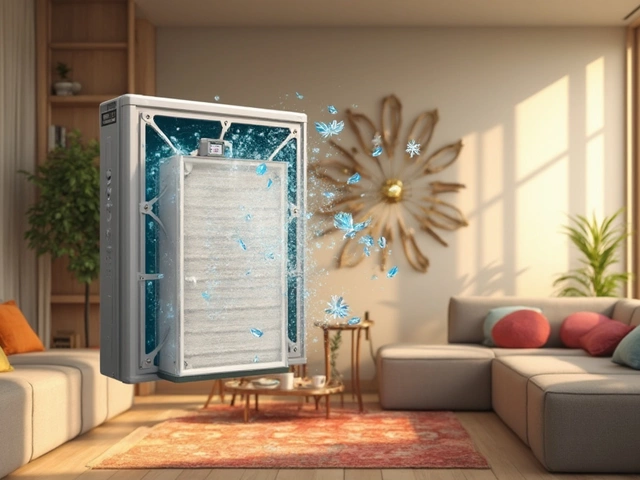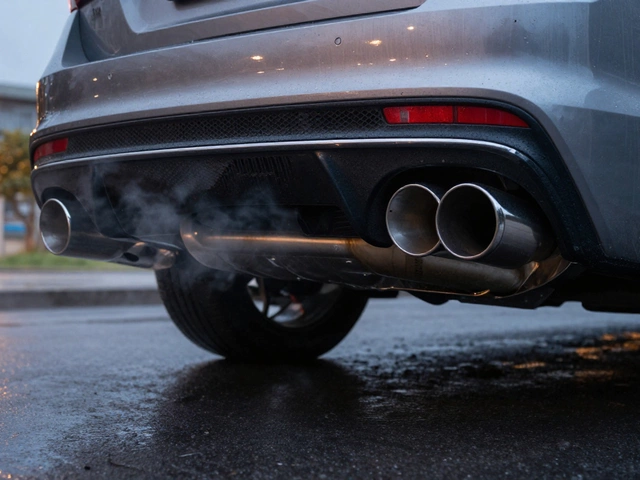Air Filters: How to Choose, Spot Problems, and Keep Your Home Fresh
Air filters are the unsung heroes of any heating or cooling system. A clean filter means better airflow, lower energy bills, and healthier indoor air. Skip the filter and you’ll notice weaker airflow, higher utility costs, and a dusty smell. Let’s break down what you need to know to keep your filter working right.
Spotting Trouble Early
First up, how can you tell a filter is on its way out? The easiest clue is reduced airflow – your AC or furnace will seem to struggle. Next, glance at your energy meter; a sudden jump often means the system is working harder because the filter is clogged. Finally, check the filter itself. If it looks dark, covered in dust or pet hair, it’s time for a swap.
Even cheap filters give you a warning sign before they fail. If you live with pets or a lot of foot traffic, expect the filter to trap debris faster. Most low‑cost filters last anywhere from one to three months, but you can stretch that life by vacuuming around your vents and keeping windows closed during high‑pollen days.
Making the Right Filter Choice
When it comes to picking a filter, you’ve got options. Pleated filters look fancy, but do they choke airflow? In reality, a well‑designed pleated filter balances filtration and flow, so you won’t lose performance as long as you choose the right MERV rating. Speaking of MERV, a MERV 13 filter blocks most allergens, smoke, and even some viruses – great for people with asthma or allergies. Just double‑check your HVAC manual: some older units prefer a lower MERV rating to avoid strain.
If you’re on a budget, don’t automatically go for the cheapest option. A slightly pricier filter that lasts longer can save you money in the long run. Look for filters that promise a clear lifespan based on your environment – for example, “up to 90 days in pet‑friendly homes.”
Remember, changing the filter isn’t just about keeping the system clean. A fresh filter improves temperature consistency, reduces wear on the blower motor, and can shave 5‑15% off your energy bill. Set a calendar reminder every 30 days if you have kids or pets; otherwise, a quarterly check works for most homes.
In short, treat your air filter like a regular car oil change. Spot the signs early, pick a filter that matches your indoor air goals, and replace it on schedule. Your HVAC will run smoother, your utility bill will stay lower, and you’ll breathe easier.
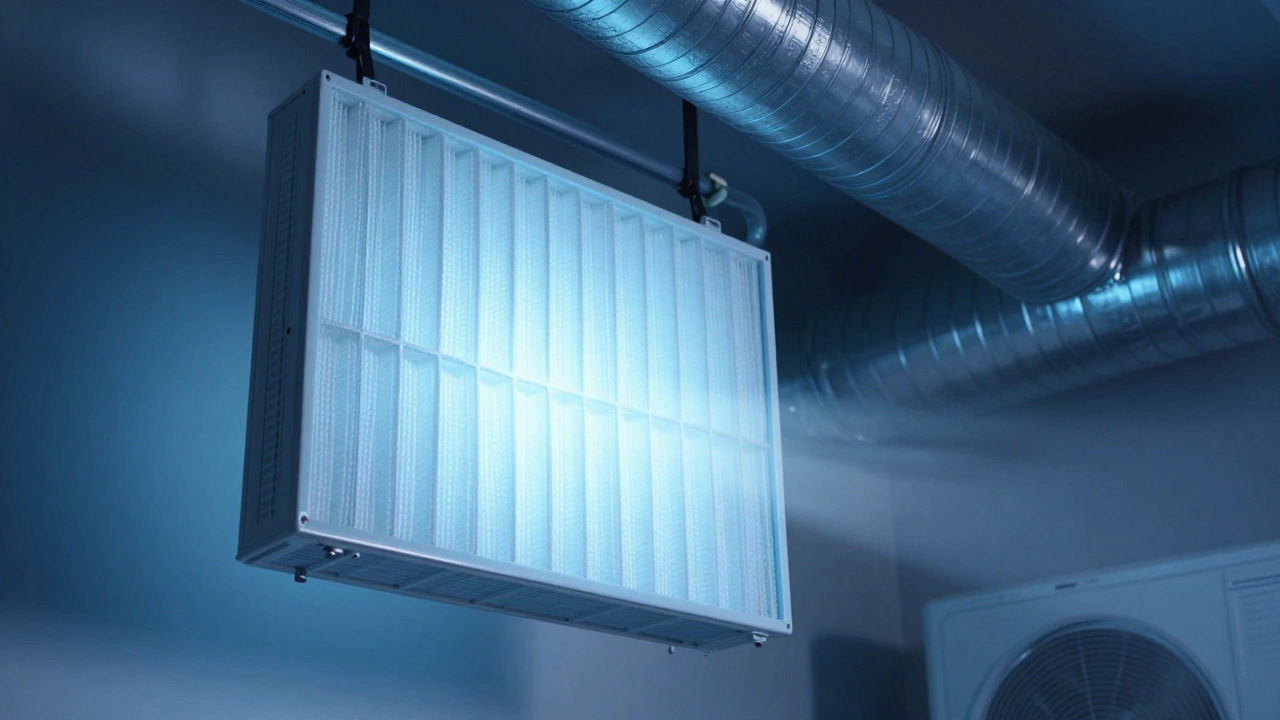
Will a MERV 13 Air Filter Damage My AC System?
A MERV 13 air filter can improve indoor air quality, but it may damage older AC systems by restricting airflow. Learn when it's safe to use and what alternatives work better.
CONTINUE READING
AC Air Filter Bad? How to Spot the Signs Fast
Not sure if your AC air filter needs changing? Small problems with your filter can quickly turn into costly headaches for your system and your health. This article breaks down the telltale signs of a bad air filter, from weak airflow to unexpected utility bills. You'll also learn why ignoring this small fix can lead to big trouble. Discover the surprisingly simple checks you can do at home before calling for help.
CONTINUE READING
Does Changing Your AC Filter Improve Performance?
Changing your AC filter regularly can significantly enhance its performance and efficiency. A clean filter ensures better airflow, reduces energy consumption, and improves air quality. Neglecting this maintenance task may lead to higher bills and potential AC breakdowns. Understanding the right type of filter to use and the ideal replacement frequency can lead to a cooler and more cost-effective home environment.
CONTINUE READING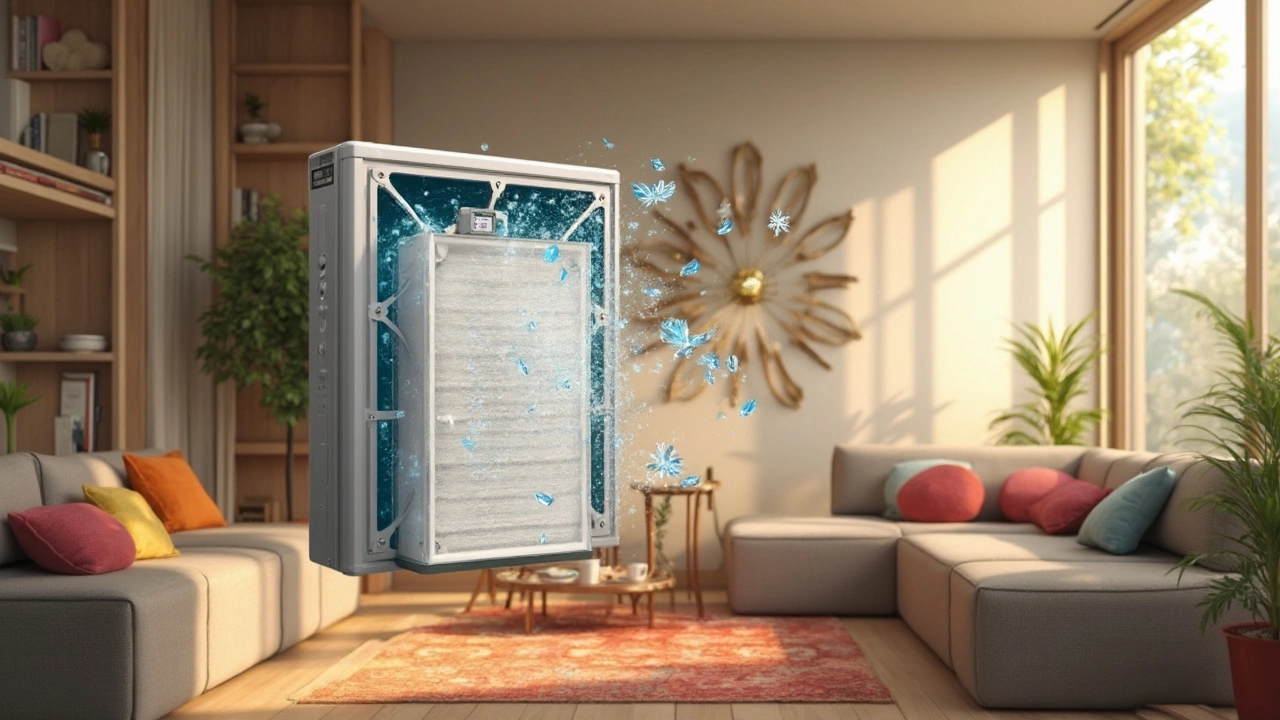
Is MERV 13 the Right Choice for Your Home?
Exploring if MERV 13 air filters are suitable for home use. We'll dig into what MERV 13 means, how it impacts air quality, and whether it's the best option for your HVAC system. Plus, some handy tips on maintenance and alternatives will help you make a well-informed decision.
CONTINUE READING